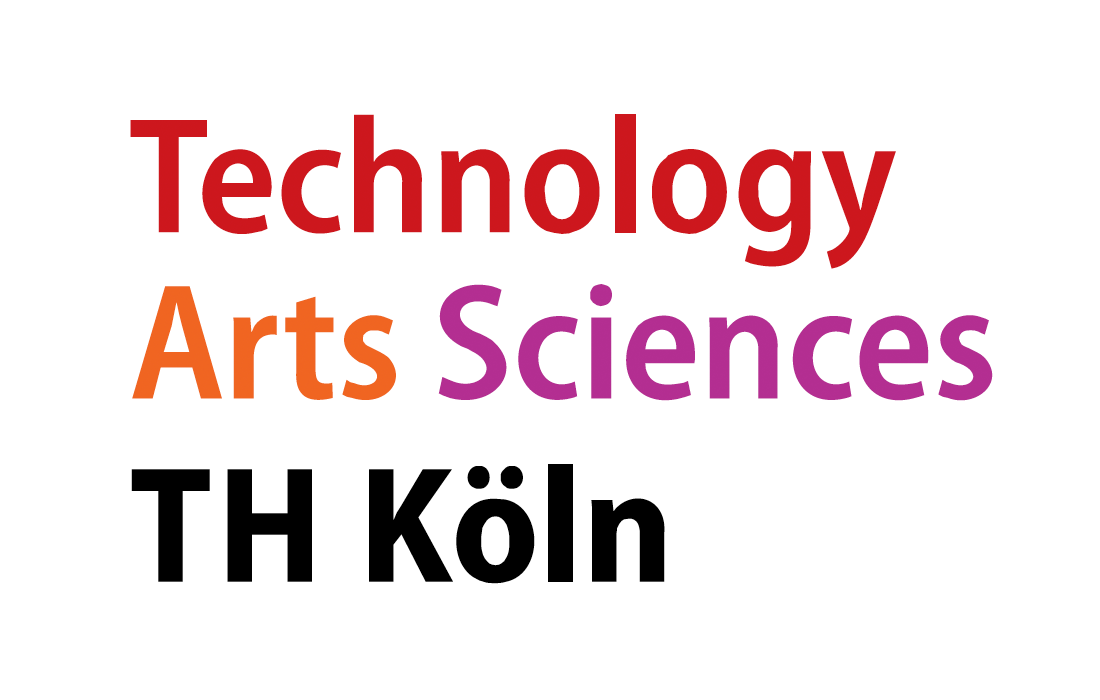Mapping to Focus Areas
Below, you find the module's mapping to the study program's focus areas. This is done as a contribution to all relevant focus areas (in ECTS, and content-wise). This is also relevant for setting the module in relation to other modules, and tells to what extent the module might be part of other study programs.
| Focus Area |
ECTS (prop.) |
Module Contribution to Focus Area |
| Acting Responsibly |
2 |
Students are taught how to responsibly run data science projects by taking
into account ethics, privacy and safety aspects during all phases of the project.
|
| Architecting and Coding Software |
1 |
Students will design and analyse experiments using modern statistical programming packages. They will implement different optimization strategies in exercises or projects.
|
| Designing Innovations and Products |
1 |
Students will learn to include ethical considerations into the design process for innovative products.
|
| Generating and Accessing Knowledge |
2 |
Students are taught the importance of careful planning when aquiring data, be it in a controlled setting (i.e. DoE) or by reusing existing data. Special emphasis is placed on techniques to avoid or reduce biases.
|
Learning Outcome
Students will learn a holistic approach to running successfull data science projects by
- taking ethical, privacy and safety concers under consideration,
- planning and designing schemes to collect data,
- avoiding biases during data collection and analysis,
- Coding / Optimization / Programming
- and communicating results in clear and precise terms.
With the tools and concepts taught, they will be able to successfully run complex data science projects.
Module Content
- Design of Experiments - planning for a better outcome
- Optimization - the core of modern machine learning
- Ethics - first, do no harm
- Data Protection - it’s the law!
- Lectures
- Exercises
- Data analysis projects
- Software development
Learning Material Provided by Lecturer
- Selected literature and web resources
- Slides and handouts for the lectures
- Exercises
- Tutorials, example code, and datasets
- Learning nugget videos
Literature
- Montgomery, D. C. (2006). Design and Analysis of Experiments. John Wiley & Sons.
- Goos, P., & Jones, B. (2011). Optimal Design of Experiments: A Case-Study Approach. John Wiley & Sons.
- Boyd, S., & Vandenberghe, L. (2004). Convex Optimization. Cambridge University Press.
- Aggarwal, C. (2020). Linear Algebra and Optimization for Machine Learning: A Textbook. Springer.
- James, G., Witten, D., Hastie, T., Tibshirani, R. (2013). An Introduction to Statistical Learning: with Applications in R. Springer.
- MacKay, R. J., & Oldford, R. W. (2000). Scientific Method, Statistical Method and the Speed of Light. Statistical Science, vol. 15, no. 3, pp. 254–278.
- Spiegelhalter, D. (2020). The Art of Statistics: Learning from Data. Pelican.
- Wing, J. M. (2019). The Data Life Cycle. Harvard Data Science Review, 1(1).
(link)
- O’Neil, C. (2016). The Ethical Data Scientist. Slate.
(link)
- Peng, R. (2018). Trustworthy Data Analysis.
(link)
- ASA Ethical Guidelines for Statistical Practice
(link)
- ACM Code of Ethics and Professional Conduct
(link)
- Oxford - Munich Code of Conduct
(link)
- BMVI Richtlinie zu autonomen Fahrzeugen
(link)
- Gewissensbits der Gesellschaft für Informatik
(in German, link)
